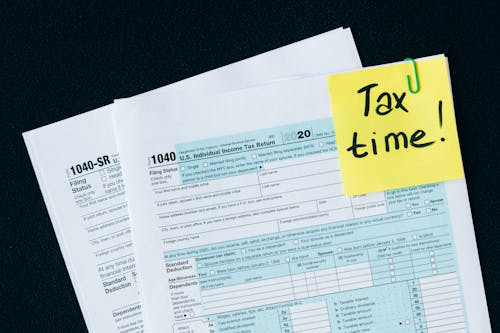
Bookkeeping is a critical component of any business, providing the foundation for sound financial management and decision-making. However, even small errors in bookkeeping can lead to significant problems down the line. Here, we’ll explore some common bookkeeping mistakes and how to avoid them.
Mixing Personal and Business Finances
One of the most common bookkeeping mistakes is mixing personal and business finances. This can lead to confusion, inaccurate records, and potential tax issues.
How to Avoid:
- Open Separate Accounts: Ensure you have dedicated bank accounts and credit cards for your business.
- Consistent Record-Keeping: Regularly update your books and reconcile accounts to maintain clear distinctions.
Failing to Track Small Transactions
Small transactions can add up and significantly impact your financial statements if not tracked properly. Overlooking these can lead to discrepancies and challenges during audits.
How to Avoid:
- Use Digital Tools: Utilize bookkeeping software to automatically record transactions.
- Regular Updates: Update your books frequently to ensure even small expenses are accounted for.
Not Keeping Receipts
Receipts are crucial for verifying expenses, particularly during tax season. Not keeping them can lead to problems with audits and verifying deductions.
How to Avoid:
- Implement a System: Use digital receipt management systems or apps that can scan and store receipts.
- Consistent Filing: Regularly file and categorize receipts as part of your routine bookkeeping and accounting
Ignoring Reconciliation
Bank reconciliation is essential for ensuring that your books match your bank statements. Ignoring this step can result in inaccurate financial reports and undetected errors.
How to Avoid:
- Schedule Regular Reconciliation: Make bank reconciliation a monthly task.
- Use Accounting Software: Leverage accounting software that can automate parts of the reconciliation process.

Misclassifying Expenses
Misclassifying expenses can distort your financial reports and lead to incorrect tax filings. It’s a common error that can be easily overlooked.
How to Avoid:
- Detailed Chart of Accounts: Maintain a detailed and updated chart of accounts.
- Training and Guidelines: Ensure anyone involved in bookkeeping is well-trained and understands the correct classification of expenses.
Falling Behind on Bookkeeping
Procrastination in bookkeeping can lead to a backlog of work, increased errors, and overlooked financial issues.
How to Avoid:
- Set a Schedule: Allocate specific times each week for bookkeeping tasks.
- Hire a Professional: If bookkeeping becomes overwhelming, consider hiring a personal accountantor tax advisor to manage your books.
If you’re struggling with bookkeeping and accounting, it might be time to seek professional help. Nidhi Jain, a highly experienced CPA in the Bay Area, can assist you in avoiding common bookkeeping mistakes and keeping your financial records in top shape. Contact Nidhi Jain today to ensure your finances are managed accurately and efficiently, giving you the peace of mind to focus on growing your business.





